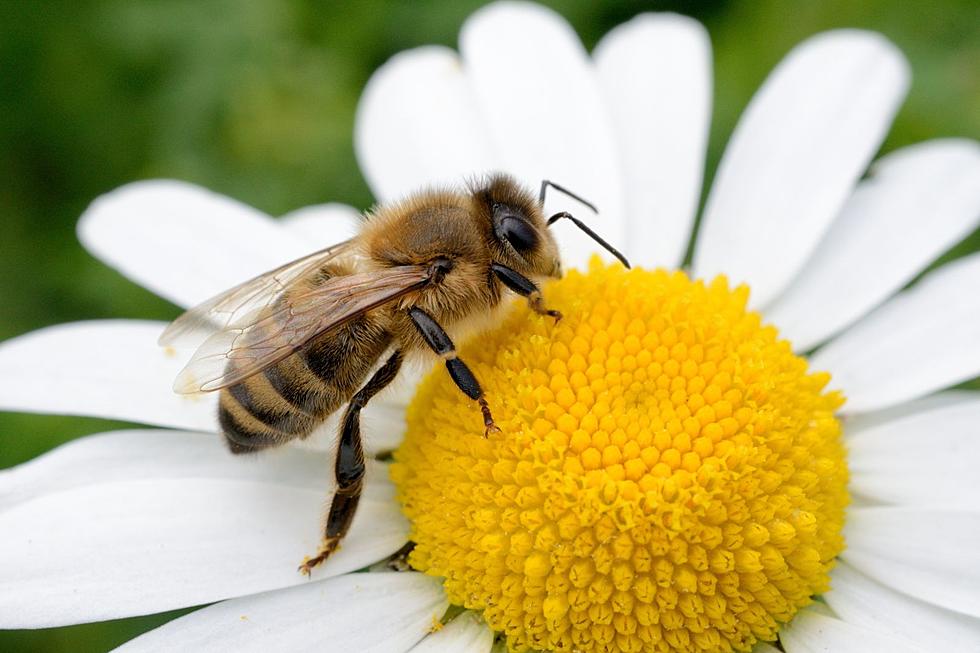
Studying Aging in Humans, With Bees: Wyoming Professor’s Project
You’re only as old as you feel, so the saying goes.
A University of Wyoming professor was granted almost $400,000 last month to research that phenomenon for the next three years.
“Biological age does not always correlate with chronological age, and it is unclear how physiology contributes to aging or protects against it,” the news release said. Michael Dillion, a professor in UW’s Department of Zoology and Physiology is studying this aging mystery in bees, as it also occurs in humans, animals, and insects.
All humans and animals–including birds, fish, and insects, are very similar at the cellular level, where aging begins. Fruit flies have long been subjects of aging studies; Dillon is adding to aging research by using bees because, “It turns out that bees may be a better model, as their aging processes at the cellular level are more similar to humans,” Dillon said.

“Sisters in a bee colony are genetically very similar but can differ 50-fold in age. Workers live for only about two weeks, but queens live for over a year. This provides a unique opportunity to study the underlying causes of aging,” he said.
Dillon was granted $398,251 by the National Science Foundation to study the life cycle of bees for the next three years in his project called “Insults for Free: The Roles of Metamorphosis and Dormancy in Aging Dynamics.”
The study will primarily focus on the aging dynamics across life stages and tissues in response to stress. Pauses in development are caused by adverse environmental conditions, which cause cellular damage and lower organism performance; both of which contribute to aging.
The grant will include a public comment section in its three-year duration.


